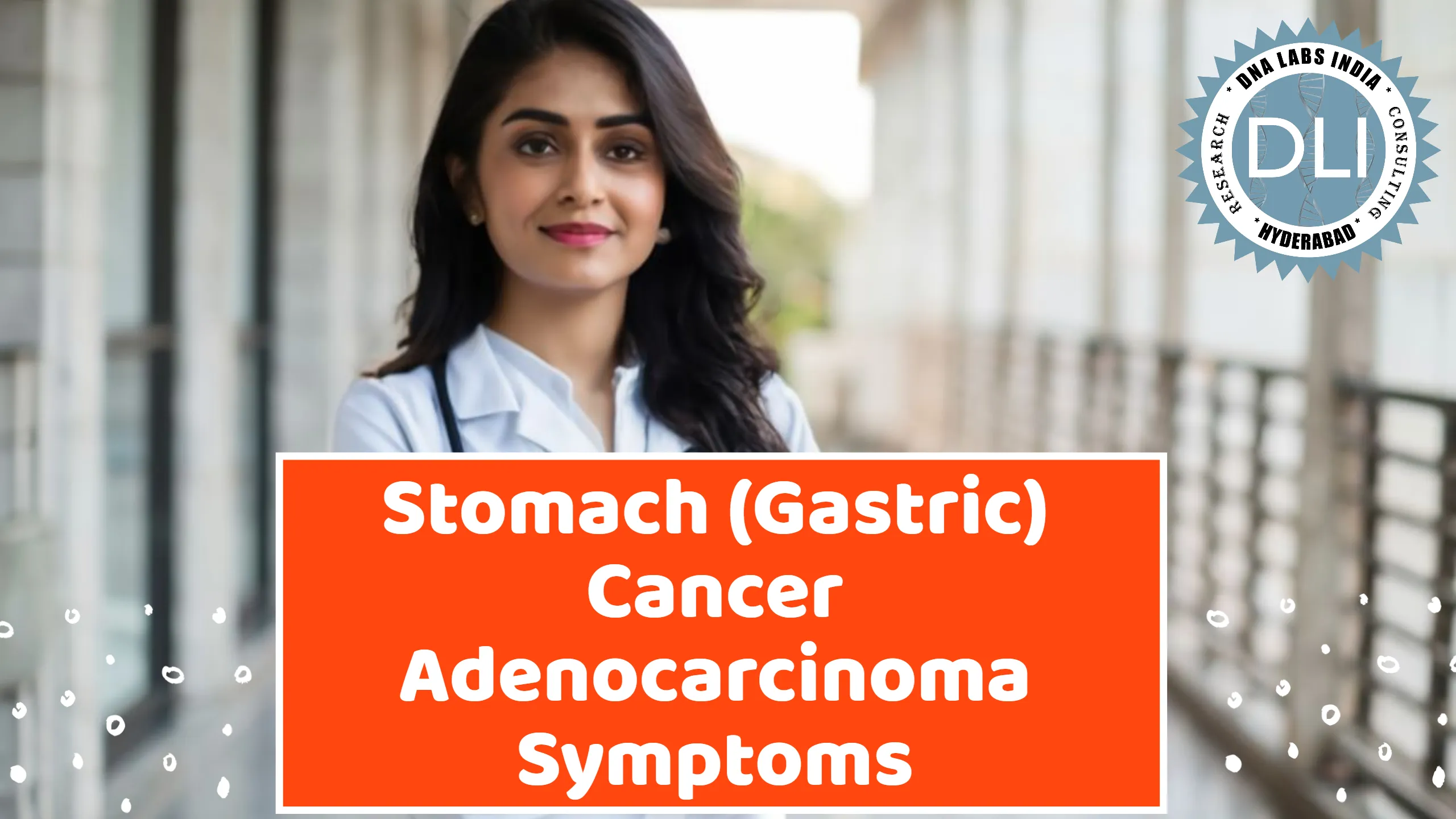Stay Alert: Understanding Symptoms of Stomach (Gastric) Cancer Adenocarcinoma in India
Stomach cancer adenocarcinoma, though a complex diagnosis, can be effectively managed through early detection which is vital for a favorable outcome in India. This guide aims to enhance your understanding of this particular type of stomach cancer, fostering your capability to actively manage your digestive health.
Understanding Your Stomach:
The stomach, or gastric cavity, is an essential organ in the digestive system that uses acids and enzymes to convert food into a digestible liquid. Stomach cancer adenocarcinoma develops from abnormal cells in the stomach lining and is often linked to prolonged stomach inflammation and specific dietary practices.
The Critical Role of Early Detection:
Symptoms of stomach cancer adenocarcinoma are often understated in the initial stages. Recognizing these signs early on is essential as it enables access to more effective treatments such as surgery, chemotherapy, or radiation therapy, thereby significantly boosting survival rates. Early intervention can greatly enhance life quality by providing more manageable treatment options.
Symptoms Not to Overlook:
Stay vigilant for these signs of stomach cancer adenocarcinoma, particularly if they last for more than two weeks:
- Persistent Indigestion or Heartburn: Often felt as a burning sensation or discomfort in the upper abdomen post meals.
- Early Satiety: Feeling unusually full after small meals.
- Nausea and Vomiting: Frequent upset stomach, which may include vomiting blood.
- Unexplained Weight Loss: Occurring from challenges in eating or nutrient absorption.
- Abdominal Pain: Intermittent dull or gnawing pain in the upper abdomen.
- Decreased Appetite: Reduced interest in food or feeling full rapidly.
- Fatigue: Often resulting from poor nutrient absorption.
- Black Stools: Indicative of bleeding within the digestive tract, which requires immediate medical attention.
It’s essential to consult a gastroenterologist if these symptoms persist, as timely diagnosis plays a crucial role in effective treatment.
Empowering Yourself with Knowledge:
While you cannot modify genetic risk factors, you can minimize other risks through lifestyle adjustments:
- Healthy Diet: Avoid processed, smoked, and overly salted foods. Opt for a diet rich in fruits, vegetables, and whole grains.
- Moderate Salt Consumption: High salt intake can aggravate the stomach lining.
- Weight Management: Maintaining a healthy weight reduces the risk of stomach cancer.
- Limit Alcohol and Tobacco: Both substances can elevate cancer risk.
- Manage Chronic Gastritis: Effective management of long-term stomach inflammation can decrease cancer risk.
By being informed about the symptoms of stomach cancer adenocarcinoma and taking proactive steps in managing your digestive health, you play an essential role in early detection and successful treatment. Always consult with medical professionals if you notice any worrying symptoms. Early detection is crucial to maintaining a healthy digestive system and ensuring a better quality of life.
4



